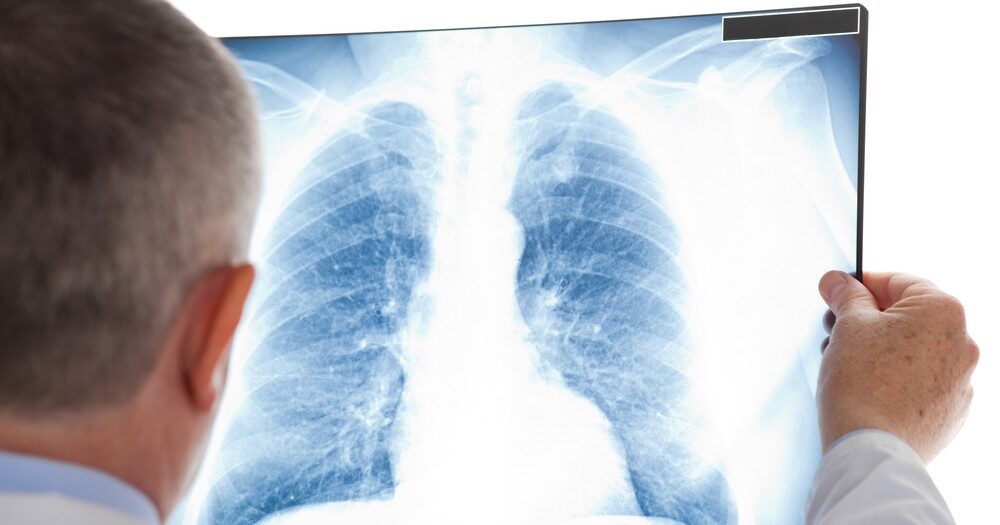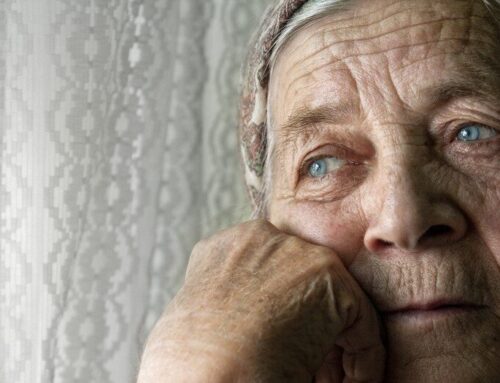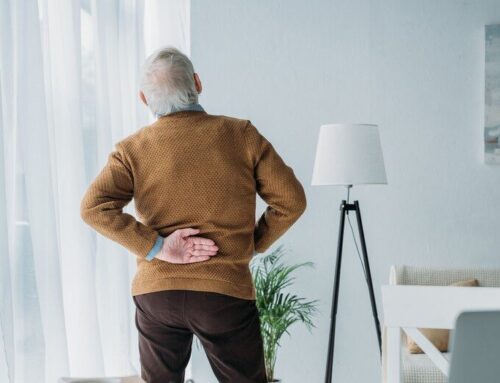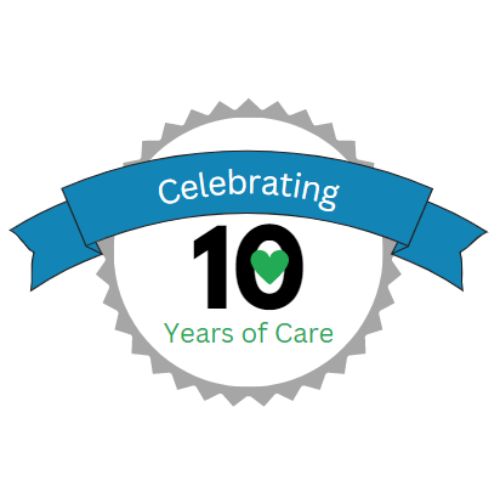Learning more about pneumonia can help us to instill methods to preventing this condition. And, it can help us to establish methods to treatment if it were to ever be diagnosed. Because seniors are at a higher risk for developing and dying from this condition, it’s important that the elderly population and families of senior individuals learn more about pneumonia.
Statistics About Pneumonia and Seniors
According to the American Lung Association’s annual 2014 report of their findings, individuals over the age of 65 are at a much higher risk of contracting and dying from pneumonia than younger individuals. In fact, pneumonia was the 7th leading cause of death in 2014 for individuals aged 65 and older. Additionally reported was the fact that over 85% of pneumonia deaths in that year were individuals of that age group. So, statistics prove that not only do older Americans get pneumonia more often, but they also die from it more often. For these reasons alone, it’s incredibly important to understand more about how to prevent and treat pneumonia, especially as we age.
Recognizing the Symptoms Can Help
One of the most important things about pneumonia to know are the signs and symptoms. This is because the earlier it is recognized, the earlier treatment can begin. And, the better the prognosis will be. But, because pneumonia can be caused caused by either bacteria or virus, the symptoms may vary from client to client. Additionally, symptoms may differ between individuals. The most commonly cited symptoms of pneumonia include:
- Coughing
- Wheezing
- Fever
- Chills
- Difficulty breathing
- Headaches
- Cold skin
- Chest pain
While these are the most common symptoms, it’s often that individuals won’t know they have pneumonia because they are showing less-common symptoms. It’s also often that individuals who experience these less-common symptoms are seniors. So, it’s important to even be aware of less-commonly known symptoms of pneumonia like:
- Weakness
- Lightheadedness
- Delirium
- Confusion
How Seniors Can Actively Prevent Pneumonia
Those who have been diagnosed with a respiratory illness are the highest at-risk for catching pneumonia. That’s because the immune system is already working to fight whichever sickness you have–whether it be the flu, bronchitis, or even the common cold. So, it’s vital to focus your efforts on not getting sick in the first place. To prevent respiratory illness, it’s suggested that seniors get their annual flu shot. Additionally, it’s necessary to take daily vitamins which can help the immune system fighting when you need to ward off seasonal sickness. Finally, practice daily hygiene habits like washing your hands before eating and after using the restroom so that you don’t catch a bug from someone else!
Along with taking these precautions, it’s vital to protect yourself from catching any airborne respiratory illness from contact with another sick individual. If you find that your friends or family are fighting strep throat, for example, keep away from them until they are no longer contagious. Respiratory illness can spread fast and can quickly jump from person to person.
Getting Further Help to Keep Healthy and Prevent Pneumonia
Remember, if you think that you or a loved one has pneumonia, seek medical help immediately. The earlier the virus or bacteria is identified, the more chance a client has to get better. If you or a loved one needs assistance around the house while you’re recovering from pneumonia, an in-home caregiver may be your best option. To find out more about our home caregiver referral program, visit our website or contact us today at 561-771-5980!







